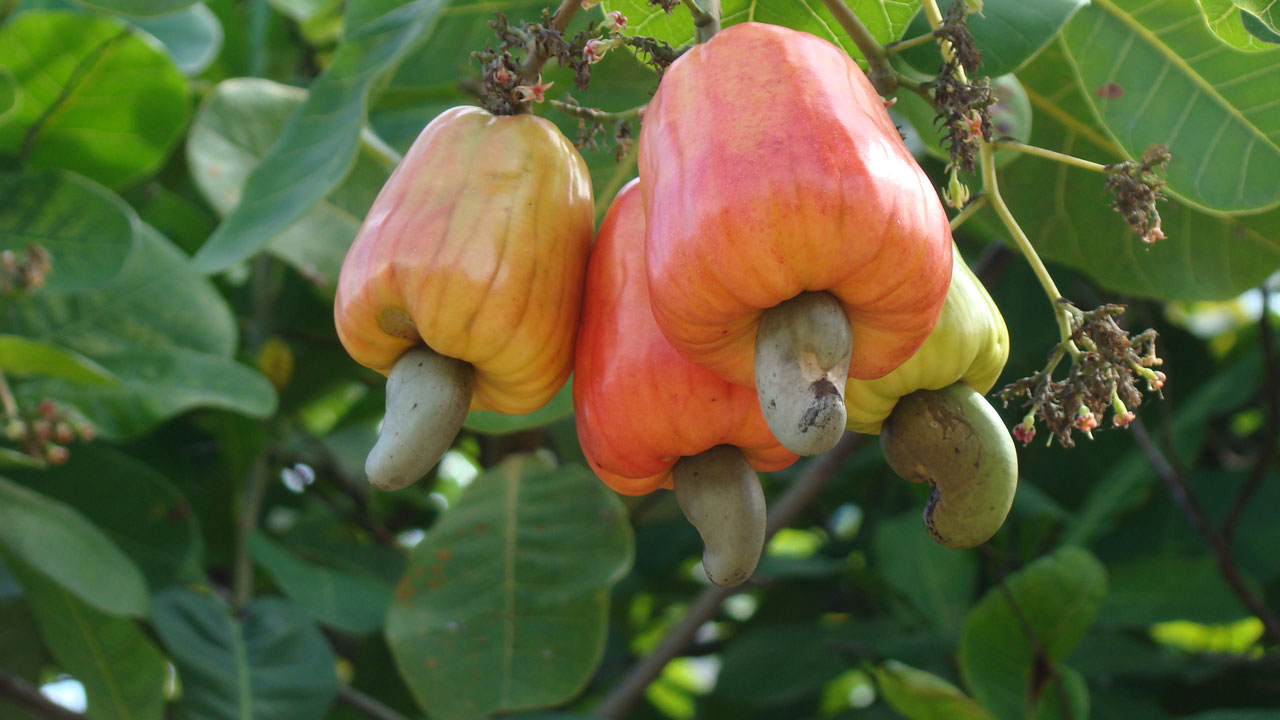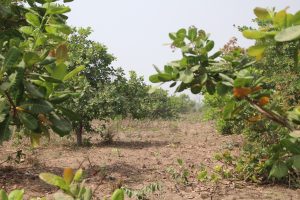
Introduction
Cashew farming in Nigeria has emerged as a lucrative venture, contributing significantly to the country’s agricultural and economic growth. With its versatile applications in the food and beverage industry, the demand for cashew nuts has been steadily increasing, presenting a golden opportunity for aspiring farmers. If you’re considering venturing into cashew farming in Nigeria, choosing the right location is crucial for success. This blog post will explore the best places to start cashew farming in Nigeria.
Climate Considerations
Cashew trees thrive in tropical climates, making Nigeria an ideal location for cashew cultivation. The tree requires a warm and humid climate with well-defined wet and dry seasons. The coastal regions of Nigeria, including states such as Ogun, Ondo, and Lagos, boast the perfect conditions for cashew farming. The temperature range of 25 to 30 degrees Celsius is optimal for cashew trees to flourish, ensuring a bountiful yield.
Soil Quality
The success of cashew farming also depends on the quality of the soil. Cashew trees prefer well-drained, sandy-loam soils with a slightly acidic to neutral pH level. Places like Ogbomoso in Oyo State, and Kogi State offer soil conditions conducive to cashew cultivation. Conducting a soil test before establishing a cashew orchard is advisable to ensure the soil’s suitability for this cash crop.
Infrastructure and Accessibility
Choosing a location with good infrastructure and accessibility is vital for the success of any farming venture. Places like Ogbomoso in Oyo State, Kwara, Osun, and Ekiti, which are well-connected with transportation networks, provide easy access for the distribution of cashew produce to markets, especially, Ogbomoso which serves as a link between the southern and the northern regions. Additionally, proximity to processing facilities and transportation hubs can significantly reduce post-harvest losses and ensure a steady income for cashew farmers.
Government Support and Policies
Cashew Farming in Nigeria could use more Government input and participation. The consideration of government support and policies is crucial for the long-term sustainability of cashew farming. Some states in Nigeria, such as Kogi and Anambra, have implemented policies and initiatives to support cashew farmers. These policies include subsidies, training programmes, and access to credit facilities. Before establishing your cashew farm, it’s essential to research the government’s commitment to promoting and sustaining cashew cultivation in a particular region. For example, the Nigerian Export Promotion Council, NEPC recently concluded their plans to set up a Cashew Processing Plant in Ogbomoso. If you’re looking to set up for cashew farming in Nigeria, Ogbomoso is an ideal location.

Market Opportunities
Understanding the market dynamics is essential for any successful farming venture. States with a high demand for cashew nuts, such as Kano, Kaduna, and Lagos, present excellent market opportunities for cashew farmers. Proximity to these markets can facilitate efficient supply chain management, reducing the time and cost involved in transporting cashew nuts from the farm to the consumer.
Community Engagement
Community support and engagement can significantly impact the success of a cashew farm. In a place like Ogbomoso, communities with a history of cashew farming, are where expertise and knowledge can be leveraged for the benefit of new farmers. Engaging with local communities can also foster positive relationships, ensuring a smooth integration into the existing agricultural landscape. Also, working with an experienced company like Hastom will serve as good leverage for anyone looking to set up a Cashew farm.
Conclusion
Embarking on a cashew farming journey in Nigeria is a promising venture, given the country’s favourable climate and soil conditions. However, selecting the right location is paramount to ensure the success and sustainability of your cashew orchard. States such as Oyo, Ogun, Enugu, Kwara, and Kogi offer various factors, including climate, soil quality, infrastructure, government support, market opportunities, and community engagement, making them the best places to start cashew farming in Nigeria.
By carefully considering these factors and conducting thorough research, aspiring cashew farmers can position themselves for success in this booming industry. As Nigeria continues to play a significant role in the global cashew market, there’s never been a better time to invest in cashew farming and contribute to the nation’s agricultural and economic prosperity.



